It is with a heavy heart that I pick up anything to do with the Holocaust. Not because it’s wearisome or too familiar, or because — in Solzhenitzyn’s memorable phrase — you need only a mouthful of seawater to know the taste of the ocean. No: my reluctance to contemplate that world, even as a distant spectator, is because it was so awful and the detail so compelling that I’ll be unable to put the book down.
Already a subscriber? Log in
Subscribe for just $2 a week
Try a month of The Spectator Australia absolutely free and without commitment. Not only that but – if you choose to continue – you’ll pay just $2 a week for your first year.
- Unlimited access to spectator.com.au and app
- The weekly edition on the Spectator Australia app
- Spectator podcasts and newsletters
- Full access to spectator.co.uk
Or
Unlock this article
Available from the Spectator Bookshop, £16.50. Tel: 08430 600033
You might disagree with half of it, but you’ll enjoy reading all of it. Try your first month for free, then just $2 a week for the remainder of your first year.


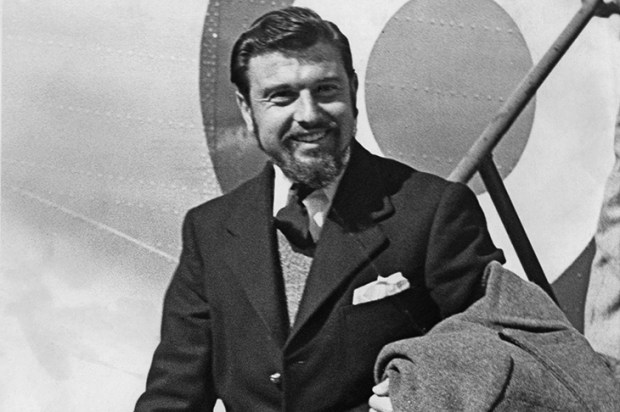
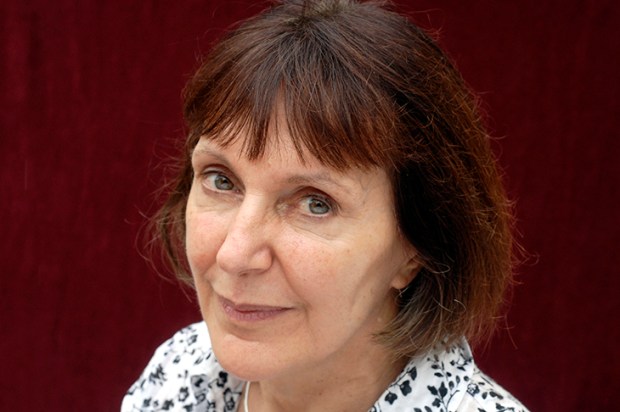
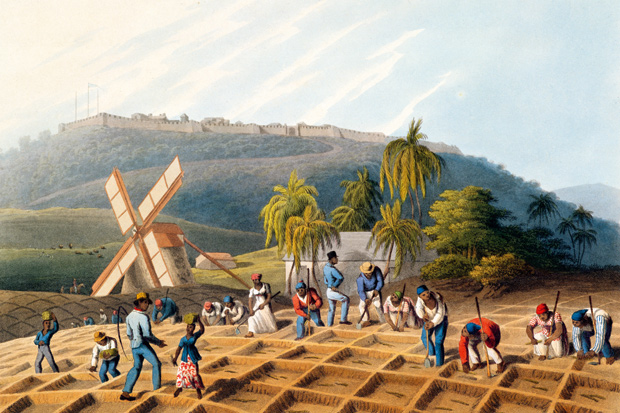
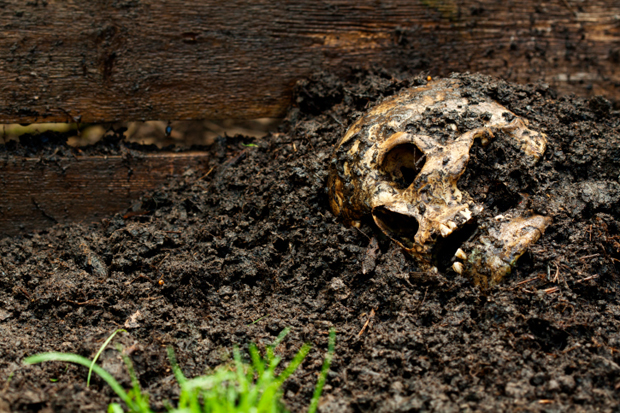
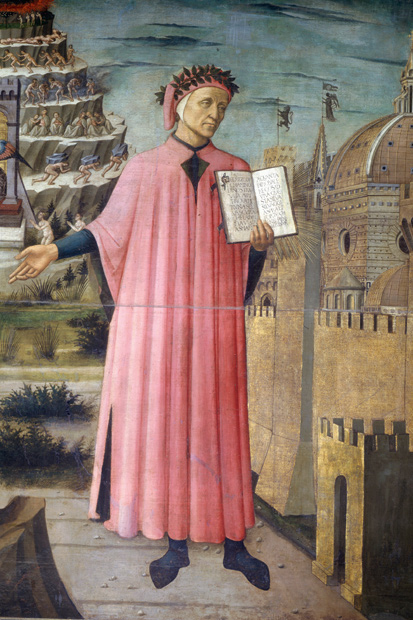







Comments
Don't miss out
Join the conversation with other Spectator Australia readers. Subscribe to leave a comment.
SUBSCRIBEAlready a subscriber? Log in